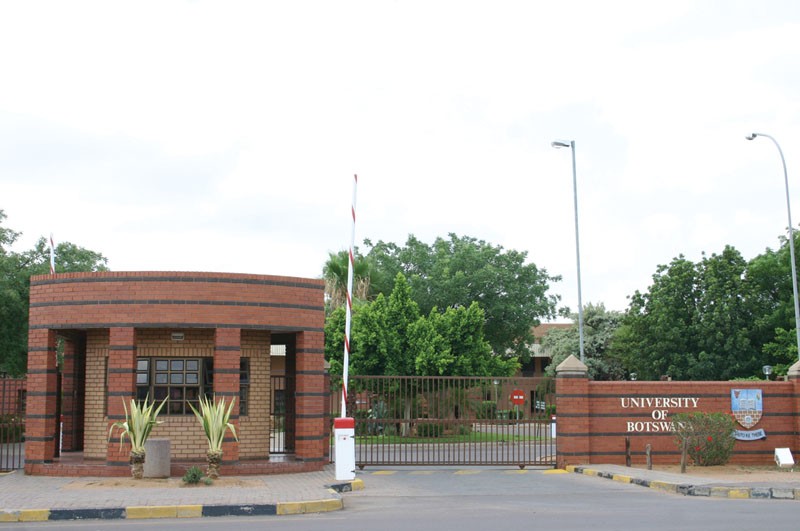UB study finds rights of disabled not adequately addressed
Baboki Kayawe | Wednesday August 17, 2016 16:20


Professor Sourav Moukhopadhyay and Emmanuel Moswela undertook the study in partnership with the Disability Support Services Unit, Law Department and support from the Open Society Initiative of Southern Africa (OSISA). The researchers argue that though the Constitution of Botswana outlaws discrimination of any kind against any person, it was limited in incorporating provisions of the Convention on the Rights of Persons with Disabilities (UN-CRPD).
The convention, which Botswana is not signatory to, promotes and protects people with disabilities against discrimination and encourages states to adopt measures to ensure Individuals With Disabilities (IWD)s are treated equally.
Furthermore, the study says the constitution does not create provisions for promoting and protecting socio-economic rights, necessary to advance the rights of IWDs. “This could be due to the fact that the constitution does not clearly express nor specifically make provisions for the rights of people with disabilities,” researchers note.
Therefore, it fails to recognise the rights of IWDs as provided for in the UN-CRPD. “It is therefore, recommended that a comprehensive overhaul of Botswana’s constitutional framework should be initiated. Specifically there is a need to create constitutional provisions relating to disability.”
The lack of a specific legislation, the study says, has lead to instances where existing legal frameworks do not adequately address the rights of IWDs.
Moukhopadhyay and Moswela cite the Education Act, as not guaranteeing the rights to education for IWDs, at the same time does not make any reference for accessibility, reasonable accommodation and affirmative action for them. Moreover, the study argues that though the Children’s Act has created provisions for protection, care and rehabilitation of children with disabilities, as well as creating provision for social workers to intervene in order to provide adequate care to protect the rights of children, a lot more still needs to be done. “Despite these measures, the rights of children with disabilities are not addressed adequately, and as a result, this group of children becomes vulnerable to abuse and neglect,” further says the study.
Moreover, the researchers justify the creation of a disability specific legislation on grounds that the Employment Act as well does not provide protection of employees with disabilities against discriminatory practices or unfair dismissal from the work place.
“It provides for specific rules concerning the employment of children, young persons and females. This act is silent on the rights of people with disabilities except for section 120, in Part XIII entitled Employment of the infirm and handicapped,” says the study.
The researchers argue that the absence of specific legislation might present difficulties for IWDs in Botswana to exercise their rights as much as it could be for government to protect their rights. They further say a careful review of these acts tends to suggest that issues about disability have not feature prominently in the legislation of Botswana.
Though the exact number of individuals with disabilities is not known as they are not registered, a 2011 Population and Housing Census estimated that 59, 103; about three percent of the total population were reported to be living with disabilities.
